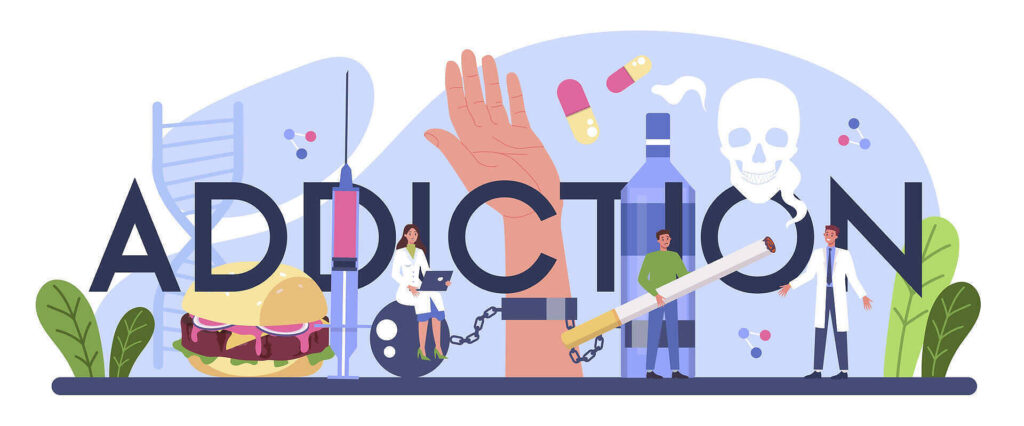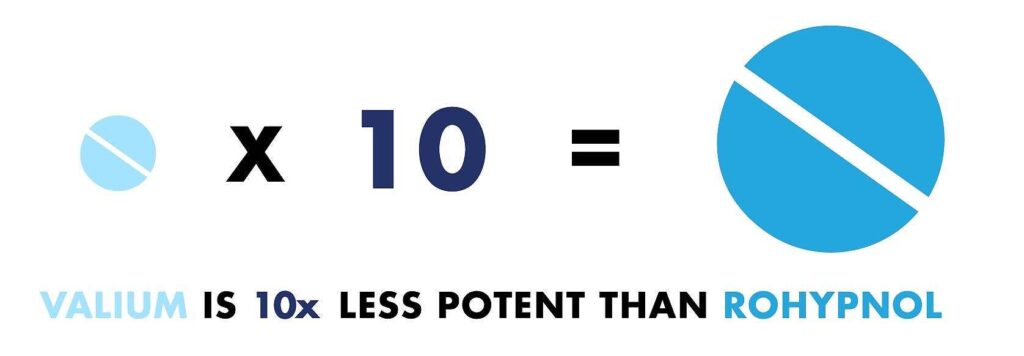Clonidine is an antihypertensive drug primarily used to treat high blood pressure. However, you may know the drug by one of its brand names, Catapres.
People use the drug to treat Tourette’s syndrome and attention deficit hyperactivity disorder as well. It’s also beneficial for people experiencing withdrawal from an addiction.
People often use clonidine to treat nicotine, opioid, or alcohol withdrawal symptoms.
If you’re wondering, “How fast does clonidine work,” it depends on the context of what you want it to work for. It may take a few days of use for issues with blood pressure to see significant results.
Regarding the mental effects of use, those are active within an hour or two of ingestion.

What Is Clonidine Used For?
You may wonder why there would be clonidine recreational use in the world if it’s just a blood pressure drug. Beyond blood pressure, clonidine treats several mental illnesses or difficulties. Most people use the substance to achieve an altered state of consciousness when it comes to addiction.
The drug suppresses the central system and relieves some of the pain. Depending on the dosage, it’s also effective at producing a feeling of euphoria for a short time.
That said, it’s rarely sought out recreationally at first. Many people aren’t trying to find clonidine to get high. Instead, people get prescribed the drug and build up an addiction to it.
Individuals in recovery start to abuse it as it’s helping them with withdrawal. In this way, it’s a lot like methadone, which helps people get off drugs while holding a solid chance for addiction.
Side Effects of Clonidine?
Difficulties arise when a person has developed a tolerance to clonidine and then stops taking it suddenly. Clonidine withdrawal is unique because the sympathetic nervous system overacts when removing the drug. That activity constricts the nerves significantly and leads to skyrocketing blood pressure.
High blood pressure can lead to many health effects, including anxiety or aneurysms. That constriction of the veins can also lead to hypertension, which the drug was created to treat in the first place.
Clonidine blood pressure issues aren’t the only thing to consider when facing withdrawals. Many withdrawal symptoms from clonidine are similar to those you meet with other addictive drugs.
Some short-term side effects
- Nerves
- Nausea
- Vomiting
- Concentration issues
- Agitation
- Cold sweats
You might experience intensified depression and anxiety symptoms as your neurotransmitters try to adjust to the new situation.
Most cases of withdrawal last for a few weeks. You can also expect the symptoms to start around half a day after you stop taking the medication. If you’re experiencing a dependency on clonidine, it is wise to seek help from a professional team that can monitor you as you go through the process.
Clonidine Overdose
It’s important to note that it is possible to take too much clonidine. An overdose will likely lead to several significant side effects:
- slow breathing
- fainting
- deliriousness
- slurred speech
- eventual shutting down of the central nervous system.
In other words, clonidine in too high of doses could lead to death. This occurs when you take more than you’re prescribed or develop a habit of using too often. Using too often will allow you to build up a tolerance, and you won’t overdose in the strict sense, but the onset of health issues from misuse can kill a person.
If you or someone you love experiences the symptoms described above, it’s essential to call 999. You can also call poison control to see if you’ve got anything to worry about when taking too much clonidine on accident.
Further, the information above makes it essential to keep clonidine prescriptions away from and out of reach of small children. It’s a common household drug, and many instances of children getting prescriptions and needing to go to the hospital.
Does Clonidine Help With Depression?
Clonidine can treat anxiety disorders, which depression is closely related to. The impact of clonidine on rates of serotonin or serotonin receptors isn’t powerful, so it might not be as effective as an SSRI or SNRI.
That said, there’s a lot of comorbidity among depressive and anxiety disorders. Treating an anxiety disorder is very likely to help the symptoms of depression. In many cases, anxiety precedes depression and changes self-image and thought patterns.
These thoughts might be harmful, complex, and confusing. A typical response to that line of thinking is a shift toward low self-esteem, isolation, and more. Those symptoms can produce the internal environment of depression and allow both conditions to worsen.
So, getting to the source of the issue might help relieve both conditions. That said, it’s not every day that you would be prescribed clonidine for the sole treatment of depression.
Clonidine for Anxiety
Norepinephrine is a close second to serotonin regarding the relationship to mental health. “SNRIs” are selective norepinephrine reuptake inhibitors, a common medication for individuals experiencing depression and anxiety.
Clonidine, while not an SNRI, does have a significant effect on norepinephrine. Clonidine used for anxiety is effective because it addresses the imbalance of norepinephrine, which can play a part in the onset of anxiety symptoms and the side effects of disorders like Tourette’s.
Individuals with Tourette’s might use clonidine to reduce the frequency of common symptoms they experience from the disorder.
Clonidine for anxiety side effects is the same as the effects of using the drug for any other purpose.
Clonidine Treatment Options
If you’re experiencing clonidine side effects, know there are options for getting help. You’re not the first person to experience this kind of addiction, and you won’t be the last.
People might feel unsure about seeking treatment for clonidine because it isn’t always thought of as something you can get addicted to. It’s a simple prescription drug, and it seems pretty harmless, right?
Wrong. It’s very addictive, and there’s no shame in finding yourself more dependent on the drug than you thought you could be. Clonidine treatment options can help you get off the drug and reestablish your life the way it was before.
It would be unintelligent to try and get off of clonidine without the help of professionals. Some drug addictions are safe to quit cold turkey, but clonidine isn’t one of them.
The withdrawal symptoms can be intense enough to put someone in the hospital, and those effects are avoidable if you go through the process under the supervision of professionals.
The Reality of Clonidine Addiction
Addiction to clonidine presents similar symptoms to the addictions of other drugs. Failure to fulfil obligations that the person used to meet, secretive behaviour, personality changes, and the reorganization of priorities are all common.
The individual might use more and more clonidine as their tolerance increases, deepening the addiction and difficulty of withdrawals. Because the drug isn’t discussed often, there might be less apprehension about using it to produce a mental effect.
That makes it even more dangerous than the drugs that there’s a lot of awareness of. So, if you’re done with the prescription and have difficulty getting off this drug, take it seriously.
The consequences of this addiction could be as severe as an addiction of any other kind. It’s important to discuss the issue with someone close to you and decide if seeking treatment options is right for you.
When that time comes, Detox Plus UK are here to help.
Sources



